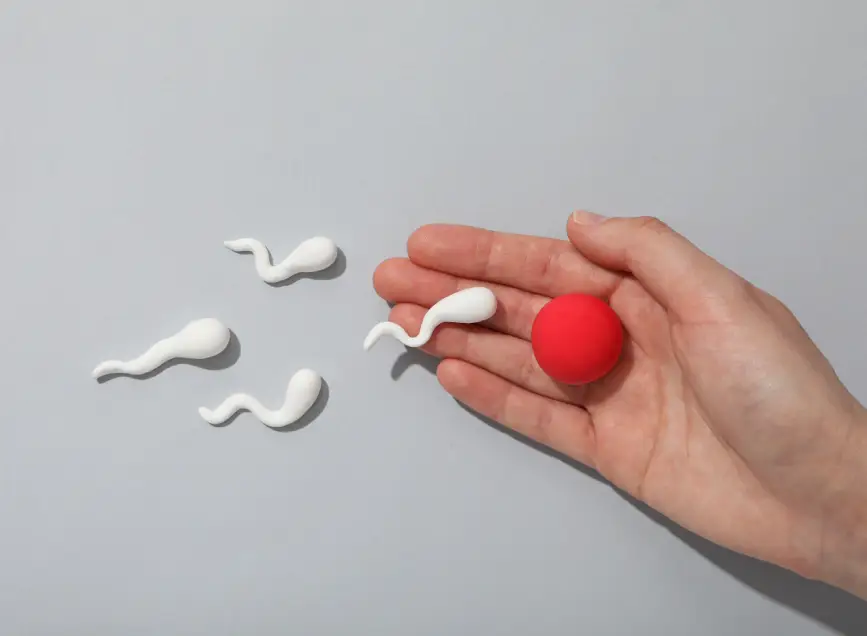
-
Posted By admin
-
-
Comments 0
Sperm donation plays an important role in helping couples build families. Whether you’re planning to become a sperm donor in India or exploring the process in a specific city like Mumbai, it’s essential to understand the guidelines around how often a person can donate. Sperm donation limits are designed to maintain both the donor’s health and the well-being of future children. By knowing the rules, you can make responsible and informed decisions.
How Many Times Can a Donor Donate Sperm?
A healthy sperm donor in India can typically donate once or twice a week, depending on the clinic’s protocol. According to Indian Council of Medical Research (ICMR) guidelines, most registered clinics recommend a maximum of 2–3 donations per week to maintain optimal sperm quality and donor health.
There are also lifetime donation limits. As per ICMR guidelines, a single donor’s sperm should not be used to conceive more than 10 pregnancies or families. This limit helps prevent genetic overlap or accidental consanguinity.
Why Are There Limits on Sperm Donation?
The main reason for donation limits is to prevent the overuse of a single donor’s sperm. The chances of two people unknowingly being biological half-siblings increase if no limits are set.
These limits are also aligned with international best practices recommended by bodies like the World Health Organization (WHO) and European Society of Human Reproduction and Embryology (ESHRE).
Every art bank or sperm bank in Mumbai follows these policies to ensure genetic diversity, donor health and ethical practices.
Moreover, frequent donations without adequate breaks can reduce sperm quality and negatively affect the donor’s health. This is why donation intervals and frequency are strictly regulated.
Time Interval Between Donations: Why It’s Necessary
After each sperm donation, a minimum gap of 48 to 72 hours is recommended. This interval allows the male body to regenerate healthy sperm, maintain high-quality samples, and meet the WHO standards for sperm motility, morphology, and concentration.
Sprouting Seed sperm donation centre in Mumbai follows this guideline to ensure consistency and fertility success for recipients. Over-donating can lead to low sperm count or quality, reducing the chance of conception.
Age and Health Requirements for Sperm Donors
To become a sperm donor in India, you generally need to be between 21 and 45 years old, as per ICMR standards. Although some private clinics may have a narrower age range (e.g., 21–35), the legal limit is up to 45 years.
Before being accepted, donors undergo a rigorous screening process that includes:
- Semen analysis (volume, motility, morphology)
- Blood tests (for HIV, Hepatitiss B and C, Syphilis and Thalassemia)
- Genetic screening
- Lifestyle assessment (smoking, alcohol and drug use)
These steps are based on WHO semen quality guidelines (5th Edition) and ensure that only healthy, safe and viable sperm samples are used.
Benefits of Becoming a Sperm Donor
As a sperm donor in Mumbai, you get the chance to help infertile couples realize their dream of having a child. Your contribution can bring hope and happiness to those struggling with infertility. Additional benefits include health check-ups, allowing you to stay informed about your reproductive and overall health.
Confidentiality and Legal Rights of Donors
All sperm donation centres in Mumbai are legally required to keep donor identities confidential. According to the Assisted Reproductive Technology (Regulation) Act, 2021, a donor’s identity cannot be disclosed unless they opt into an identity-release program.
Additionally, the Act states that sperm donors:
- They are not legally or financially responsible for any child born from their donation
- Must donate only through licensed ART banks and sperm banks
This legal protection ensures peace of mind for both donors and recipients, making the process clear and transparent.
To Conclude
Becoming a sperm donor in India, especially through a certified sperm donation centre in Mumbai, is a noble and informed choice. By understanding the donation frequency limits and the reasons behind them, guided by ICMR and WHO standards, you ensure your health, the health of future children and the integrity of the donation process.
FAQ’s
Q1. How many times can I donate sperm in India?
Ans: A healthy sperm donor in India can typically donate once or twice a week, depending on the clinic’s protocol. According to ICMR guidelines, most clinics recommend 2–3 times per week to maintain sperm quality and donor health.
Q2. Is there a lifetime limit on sperm donation in India?
Ans: Yes. As per ICMR guidelines, a sperm donor’s samples should not result in more than 10 successful pregnancies or families to avoid genetic overlap and accidental consanguinity.
Q3. What is the required gap between two sperm donations?
Ans: A 48 to 72-hour interval is generally advised between donations. This ensures healthy sperm regeneration and maintains sperm quality as per WHO standards.
Q4. Can I donate sperm if I smoke or drink alcohol?
Ans: Heavy smoking, alcohol or drug use can disqualify you. Clinics prefer donors with a healthy lifestyle to ensure optimal sperm quality and recipient safety.






